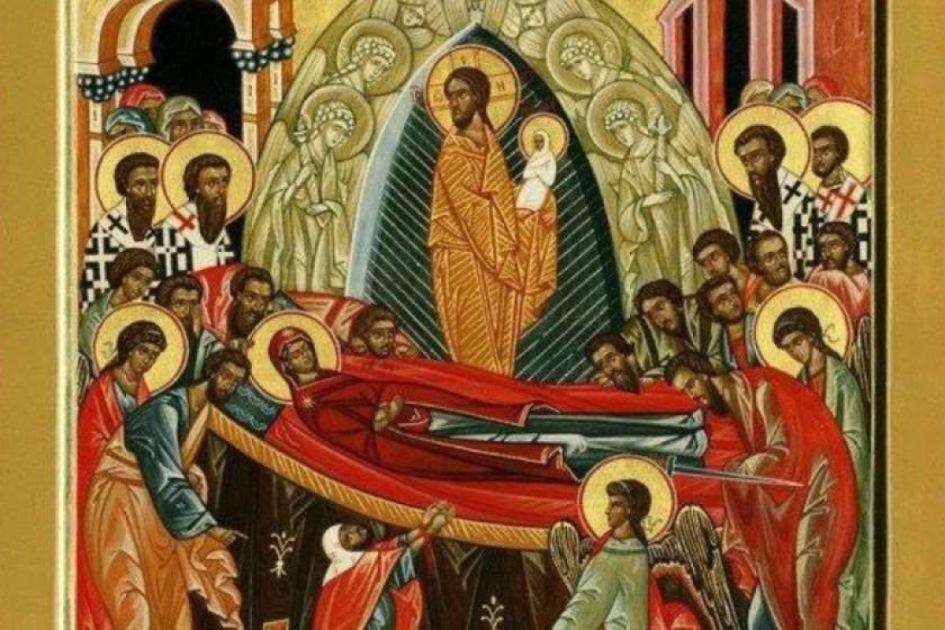
The Orthodox Christian world is marking one of its most sacred days — the Feast of the Dormition of the Virgin Mary. Festive liturgies and services are being held in churches to honor the occasion, which commemorates the peaceful passing and heavenly assumption of the Mother of God.
Within Christian tradition, the Virgin Mary holds a place of deep veneration — second only to the Holy Trinity. Three of the Church’s twelve Great Feasts are dedicated to her: the Nativity of the Virgin Mary, the Presentation of the Most Holy Theotokos, and the Dormition (Assumption).
The Dormition feast is preceded by a two-week fast, known as the Fast of the Dormition, which begins annually on August 14. This period of spiritual preparation culminates in the celebration of the Virgin Mary's departure from earthly life.
Theological Significance
According to Orthodox teaching, the Dormition of the Virgin Mary was not a death in the ordinary sense, but a “falling asleep” — a peaceful transition to eternal life. Church tradition recounts that the Archangel Gabriel appeared to the Virgin while she was praying on the Mount of Olives and foretold her Dormition, giving her a radiant branch from a heavenly date tree as a sign.
On the day of her falling asleep, the Lord is said to have miraculously gathered the apostles — who had been preaching across the world — to bid farewell to the Mother of God. Respecting her plea to be spared the vision of hell, the Lord received her soul with His own hands.
Mary was buried in the Garden of Gethsemane. However, the Apostle Thomas, absent at the time, arrived three days later and wished to see her one last time. When the apostles opened the tomb, they found it empty — a sign that the Lord had assumed her body into heaven. For this reason, the Church calls this event the Assumption (Dormition), affirming that the Mother of God was raised in both soul and body to eternal life.
The Dormition stands as a powerful affirmation of the hope of resurrection and eternal life for all faithful Christians.
0
0










